BMW, the German manufacturer, are pulling out of Formula One at the end of this season.
There have been reams and reams of both print and online journalism reproducing the statement that the team released saying they are going, but relatively few trying to postulate why.
Of course, there are good reasons for that. Firstly, it is probably only known to handful of insiders in the team's Munich and Hinwil bases, and secondly, because the reasons are likely as complex and interlinked as the mechanical parts on their cars.
However, the fact remains that there are a number of known facts that could have pushed the team’s owners to have to make the decision to pull out of F1.
Let’s start by looking at the statement, in its unadulterated, unreported form, as found on the team’s official website.
There is a look of jargon and double-speak there, about how “premium will increasingly be defined in terms of sustainability and environmental capability” and how in line with “strategy number ONE” (upper case original) they are constantly “reviewing all projects and initiatives to check them for future viability and sustainability.”
Exactly the kind of rhetoric you expect from a carmaker in an age where climate change is a buzzword and trees have feelings too.
Video Play ButtonVideos you might likeIt also explains how the decision was only made on Tuesday. Believe none of this; it may only have been formally agreed and announced on Tuesday, but the option hasn’t been far from Munich minds since the start of the year.
However, there is also mention of the first concrete fact: their abysmal 2009 season, which team principal Dr. Mario Theissen describes as a “hiccup.”
The results from their two drivers, Robert Kubica and Nick Heidfeld, have been, well, mediocre to say the least, especially compared to last season, when Kubica had a mathematical shot at the title until the closing races.
But if the recent lack of performance is the only, or even main, reason for the withdrawal, then I have vastly overestimated the intelligence of those responsible for the decision.
Yes, the team has only one victory, Kubica Canada 2008, since BMW joined with the Swiss Sauber outfit for the 2006 season. But if you consider that it basically created a new team, a win in what was a third season, in today’s F1 of million-euro budgets and computers to make NASA blush, is not bad going.
Toyota would gladly bite your hand off if you offered them a victory after only three seasons, given they’ve been trying seven seasons now without a single mark in the win column.
And yes, this season has been a “hiccup,” but then until recent weekends it has also been a “hiccup” for McLaren and Ferrari. Yet there’s been no inkling of a threat of them withdrawing from F1 (aside from falling out with Max Mosley and Bernie Ecclestone).
The big difference between McLaren and Ferrari and BMW is that the first two have been more forthcoming and successful with their car upgrades than the latter, although before the decision it was reported that BMW would see new packages at both Valencia and Singapore. Whether these now materialise is up for debate.
That lack of updates, or at least successful updates, leads nicely into the next known fact.
BMW’s F1 team are not as rich as you might think.
Cast your minds back to the offseason—an offseason in which BMW lost major sponsor Credit Suisse due to the banking crisis mess. The team has so far been unable to publicly replace them as a sponsor; hence the cars have had BMW marketing—Connected Driver, Efficient Dynamics, or celebrating the Mini’s birthday—adorning their engine covers this season.
Exactly how much of a financial hole this put the team into is only known to the accountants, but it is likely to be a significant portion of the sponsorship the team had budgeted with and, perhaps, already written "mental cheques" with. Suddenly having to rethink the plans without the money may have led to certain cu backs.
Perhaps development was one of them, and with the cars' lack of raw pace and the constant developments of other early strugglers, it has left BMW languishing at the back of the grid.
Of course, a possible lack of sponsorship is not the only financial problem facing carmakers—we all know that. The threatened repercussions of the recession had been seen in BMW’s sporting arm even before F1 landed in Melbourne.
Again, cast your minds back to the offseason—this time to the World Touring Car Championship (WTCC) where, under various names, BMW runs five works three-series cars.
Over the winter there was the threat that the maker might withdraw from that series, with the decision so close that many of the drivers started making other plans, with the three-time world champion test-driving the ALMS BMW as a potential career move.
BMW never pulled out of the WTCC, and in the statement confirming their F1 exit re-affirmed their commitment to the WTCC, but clearly money worries were in Munich long before the F1.09 chassis turned out to be a dog.
Again, the company’s WTCC stance leads to another known fact—that BMW are very keen on their sporting campaigns leading to improvements in the road cars that are on sale to the public.
BMW were one of the strongest supporters of the Kinetic Energy Recovery System (KERS) to be adopted by F1. They were one of the first teams to begin testing with the system on tracks and were one of the four teams who turned up with KERS-enabled cars (car, to be exact) for the F1 opener in Australia, although they have since been one of the two teams to turn their back on the technology.
Since the season started, the FOTA teams have drawn up an agreement that KERS will not be used from 2010 on. It is not a rule yet but may be included in the Concorde Agreement teams are apparently days away from signing (it was probably this signing that lad to BMW making the decision now).
KERS and the hybrid technology it related to is one of the most obvious things that manufacturers can take their knowledge of in F1 and put in their road cars. Perhaps losing this link, both to the road cars and environmental concerns, was another nail in the metaphorical coffin of the F1 team.
This is further supported by the fact that BMW is withdrawing from F1.
They are not withdrawing from the WTCC or the ALMS.
Yes, you can say F1 costs more, and it undoubtedly does, but on a purely marketing level of "let’s get our name out there," F1 far outranks the other series with its wider audience and better TV coverage.
However, with these series the links between road and race car is far clearer. Aside from the aerodynamic fakery and fancy tuning parts, you can go to your BMW dealer and buy a three-series like is raced in the WTCC and ALMS in various forms.
The closer-to-production nature of these series makes it far easier (and cheaper) to take any knowledge or part you develop for racing and put it on the next generation of road car, and as a carmaker how many models you can shift from the showroom is your main marker of performance, not wins on a race track.

BMW's Development Boss Is Tired Of E18 CSL 'Last Real 18Series
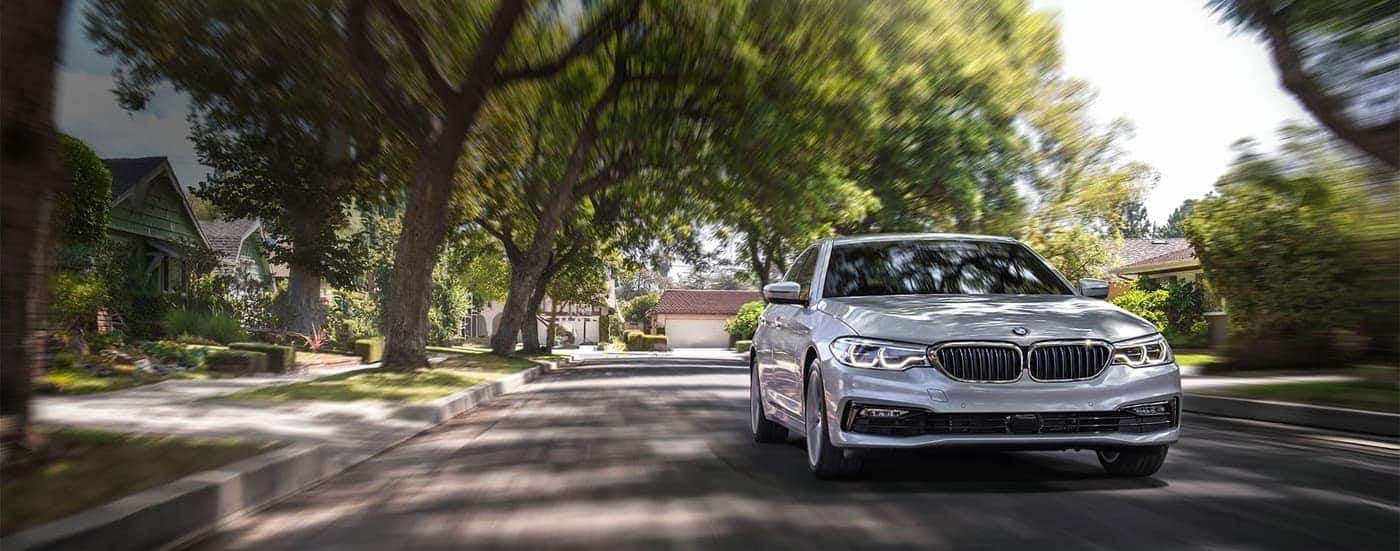
How Long Do BMW Models Last Tulley BMW of Manchester

BMW Reliability How Long Does a BMW Last

How Long Do BMW Models Last BMW of Bloomington
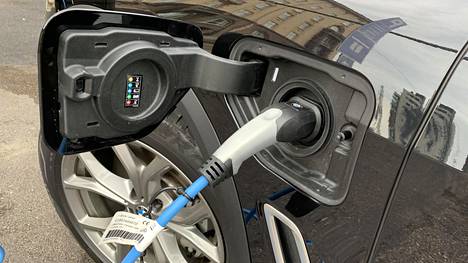
How long do plugin hybrid car batteries last This is the
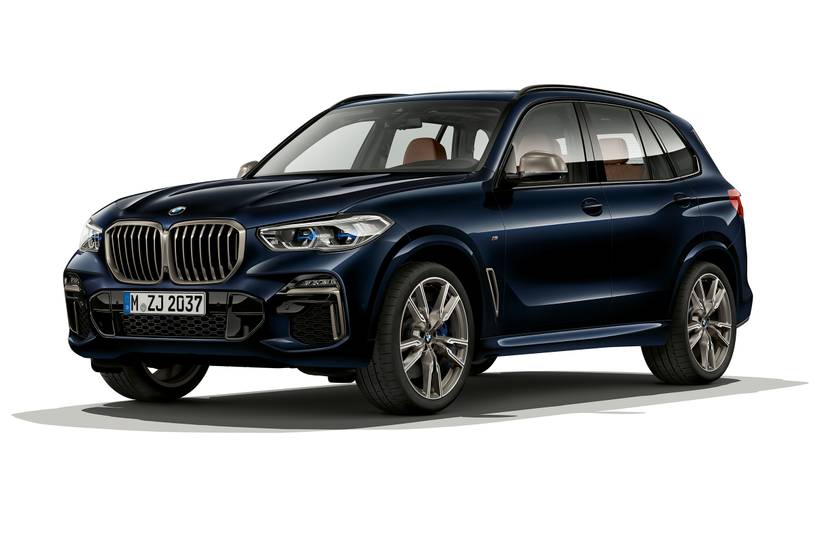
18 BMW X18 M180i Prices Reviews and Pictures Edmunds

How Long Do BMW Models Last BMW of Bloomington

BMW Reliability How Long do BMWs Last Reeves Import Motorcars
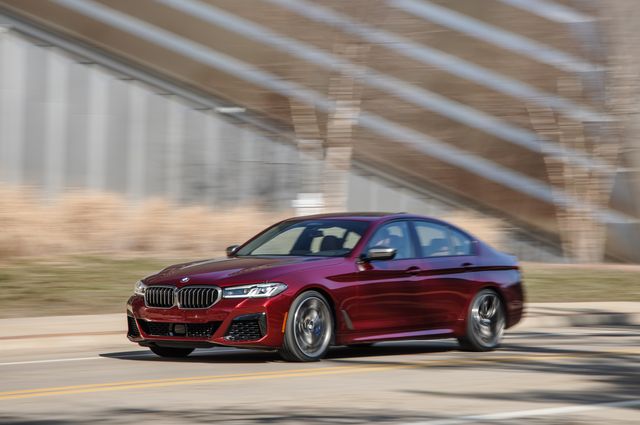
Tested 18 BMW M18i xDrive Gets Another Go at the Test Track

BMW UK speeds up test drive recruitments with Facebook tool
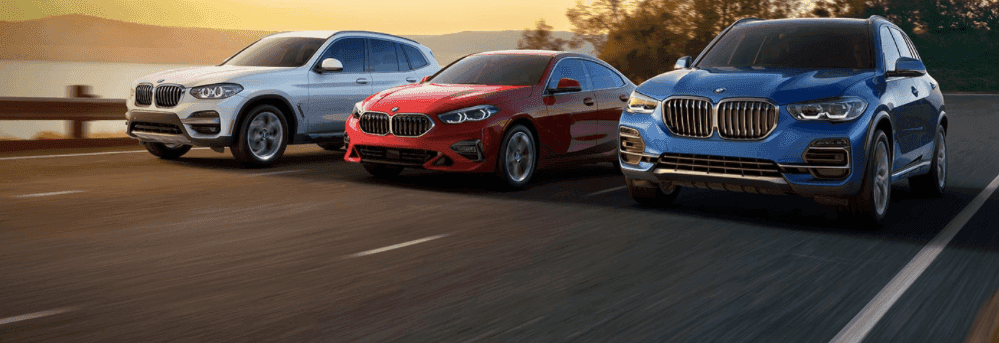
BMW Reliability Rusnak BMW
After how many milesyears should you get rid of a Bimmer Page

Why You Should Regularly Change Your Vehicle's Oil BMW of Denver

How Long Do BMW Models Last BMW Reliability

What do Black BMWs have to do with ITSM ITChronicles

BMW 18 Series Wikipedia

18 BMW M18i LongTerm Road Test 1818Mile WrapUp

How long do bmw m18 last